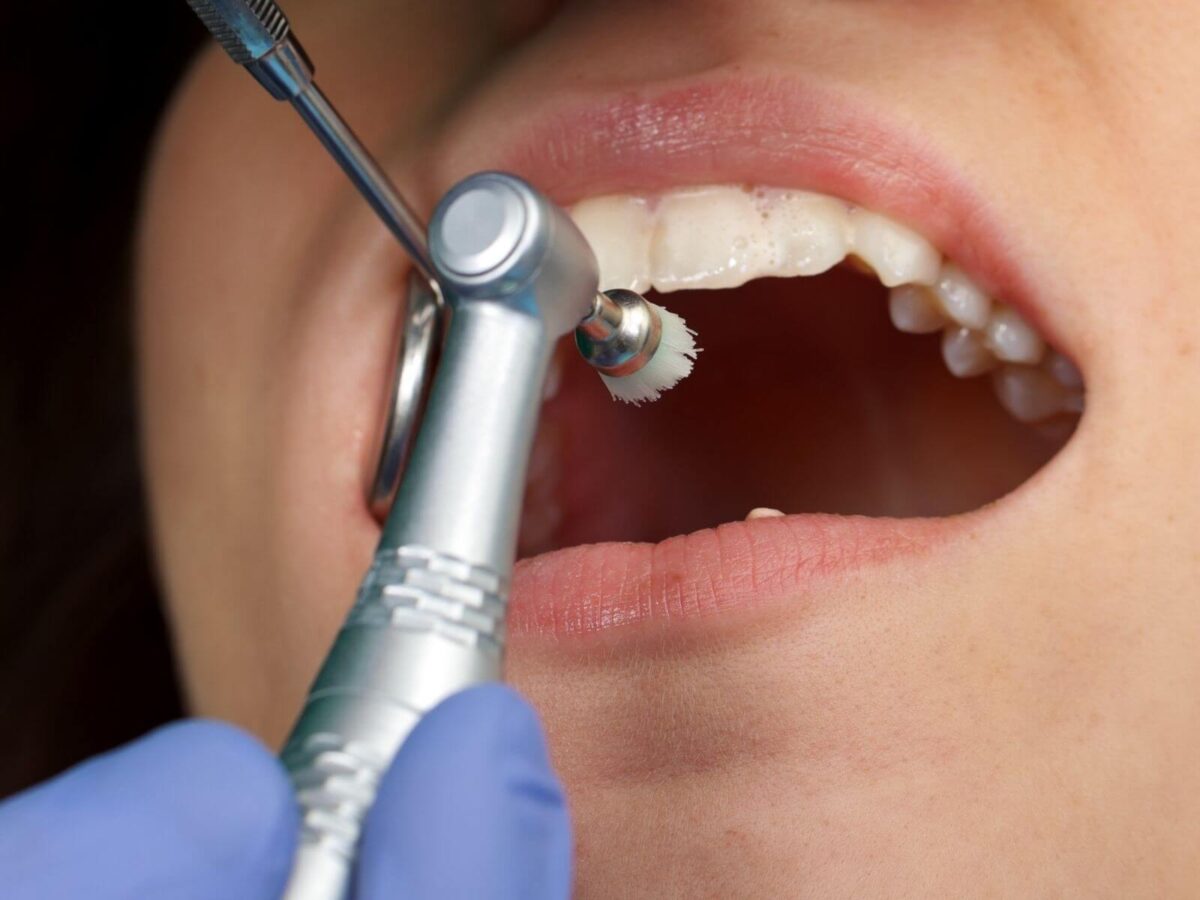Blog
Dental hygiene tips for healthy teeth & gums

The Difference Between Urgent Vs. Non-Urgent Dental Care
Know the difference between urgent and non-urgent dental care to decide when to seek immediate care and when to make a regular visit. Here’s all you need to know about each type to choose the correct one for your teeth. Elgin Dentist TX helps us to curate this useful information.
What is Urgent Dental Care?
Dental emergencies require immediate treatment to prevent future inconvenience, relieve extreme pain, or halt bleeding. These cases generally involve trauma, infection, or urgent oral difficulties that warrant an immediate appointment with a professional dentist.
Common Dental Urgencies
- An infection causes a sudden or acute toothache. Painkillers may help, but emergency dental care is necessary to prevent further problems.
- If a broken or chipped tooth causes discomfort or affects your appearance, it’s urgent. Dentists can stabilize, prevent infection, and restore teeth.
- A lost tooth, whether from an accident or trauma, requires prompt care. Put the tooth back in its socket or preserve it in milk and see a dentist promptly.
- Any severe infection causes pus to build, producing swelling and pain. Care must be given immediately to prevent infection.
- Trauma that causes bleeding should be treated immediately, especially if it is persistent or caused by a blow to the face or mouth.
What is Non-Urgent Dental Care?
Preventive or primary dental care can be scheduled during office hours. These checkups are necessary for oral health but not urgent.
Common Non-Urgent Dental Issues
- Dental cleanings and checkups prevent cavities, gum disease, and other oral health issues.
- Cavities should be treated immediately; however, if they’re not painful, their treatment can be delayed.
- Scheduled orthodontic treatments like braces adjustments and retainer fittings can wait.
- Minor heat or cold sensitivity may not be serious, but examine if it persists.
- Painless chips can wait until a normal checkup.
Key Differences Between Urgent and Non-Urgent Dental Care by Elgin Dentist TX
Urgent dental care is needed immediately to prevent pain, infection, or other consequences, while non-urgent care can be scheduled in advance. Their key differences are:
| Criteria | Urgent Dental Care | Non-Urgent Dental Care |
| Pain Level | Intense pain or discomfort | Mild or no pain |
| Immediate Risk | High – infection, bleeding, or worsening of symptoms | Low–routine care to prevent future issues |
| Examples of Problems | Bleeding, abscess, tooth loss | Cleaning, fillings, chipping |
| Action Required | Immediate dental attention | Scheduled appointment |
| Cost Implication | Higher due to the emergency nature | Standard or covered by regular insurance |
Should I Get Help Now or Wait for a Regular Appointment?
Elgin Dentist TX recommends urgent care for severe pain or rapidly worsening symptoms. Most non-urgent situations can wait until your next checkup. Some specific tips to help you decide:
- Assess the Pain: Pain may suggest tooth infection or decay. If over-the-counter medication will relieve the pain, it’s probably not urgent. Call Elgin Dentist TX immediately if it’s uncomfortable or worsening.
- Assess Complication Risk: Urgent care is needed for swelling, bleeding, and infection. If there is no pain, schedule a standard visit for a minor problem. In case of discomfort, see your dentist. The condition may be stable enough to wait for a normal appointment.
- Assess Cosmetic Impact: If you have a noticeable broken or chipped tooth, immediate care may help restore it quickly. If the tooth is painful, seek urgent attention. Dentists stabilize teeth and prevent additional damage.
- Assess Your Oral Health: Severe or unexplained bleeding may indicate infection or injury and require immediate treatment. Talk to your dentist about mild gum disease issues during your next visit.
Benefits of Understanding Urgent and Non-Urgent Dental Care
- Less Anxiety: Knowing what’s urgent and what can wait helps you choose a dentist appointment, reducing stress.
- Save money: Urgent dental care is more expensive. Non-urgent issues can be handled in advance to avoid costly emergency care.
- Healthier Results: Urgent concerns are treated immediately to avoid complications. Regular dental care prevents future issues.
Dental Emergency Tips
For urgent dental issues, perform these steps:
- Many dental offices offer emergencies. Call them to discuss your symptoms and get guidance.
- For temporary bacteria reduction, rinse your mouth with salt water if you suspect an infection or abscess.
- If a tooth falls out, put it back in its socket or preserve it in milk until the dentist arrives.
- Apply a cold compress to injuries or inflammation until medical attention arrives.
Conclusion
Knowing the difference between urgent and non-urgent dental care will help you make informed dental health decisions. Urgent conditions like acute pain, infection, or trauma must be treated immediately to avoid complications.
On the other hand, non-urgent care includes routine checkups and smaller issues that can be arranged. Knowing whether to seek urgent treatment vs a regular visit can save you time, money, and stress.
Taking care of non-urgent issues helps reduce urgent ones. If you’re unsure about your symptoms, talk to Elgin Dentist TX—they can recommend the best treatment. For further information, you can contact dental experts and get a better idea of urgent and non-urgent dental care.


